Search
Search Results
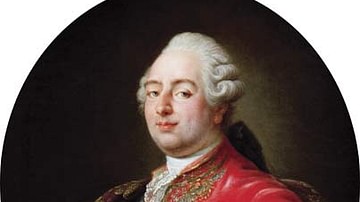
Definition
Louis XVI of France
Louis XVI (l. 1754-1793) was the last king of France (r. 1774-1792) before the monarchy was abolished during the French Revolution (1789-99). An indecisive king, his attempts to navigate France through the crises of the 1780s failed, leading...
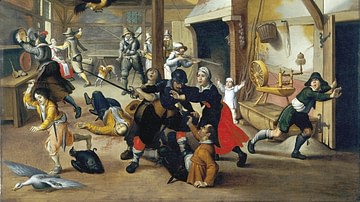
Definition
Thirty Years' War
The Thirty Years’ War (1618-1648) was the last major European conflict informed by religious divisions and one of the most devastating in European history resulting in a death toll of approximately 8 million. Beginning as a local conflict...

Definition
Knights Templar
The Knights Templar were established c. 1119 and given papal recognition in 1129. It was a Catholic medieval military order whose members combined martial prowess with a monastic life to defend Christian holy sites and pilgrims in the Middle...

Definition
Nicolaus Copernicus
Nicolaus Copernicus (1473-1543 CE) was a Polish astronomer who famously proposed that the Earth and other planets revolved around the Sun in a heliocentric system and not, as then widely thought, in a geocentric system where the Earth is...

Definition
Denis Diderot
Denis Diderot (1713-1784) was a French author and philosopher known for his views which influenced the Enlightenment and his general editorship of the multi-volume Encyclopedia, often described as the 'Bible of the Enlightenment'. Diderot...
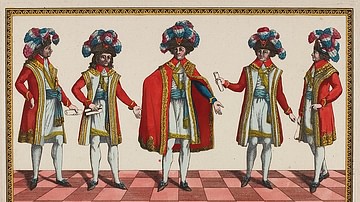
Definition
French Directory
The French Directory, or Directorate (French: le Directoire), was the government of France from 2 November 1795 until 9 November 1799, a period that spanned the last four years of the French Revolution (1789-1799). The Directory was unpopular...
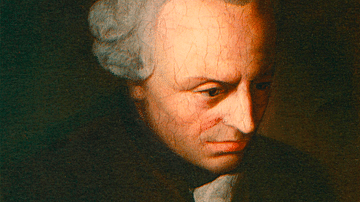
Definition
Immanuel Kant
Immanuel Kant (1724-1804) was a German Enlightenment thinker who is widely regarded as one of the most important philosophers of any period. His most famous works of critical philosophy include The Critique of Pure Reason, which challenged...
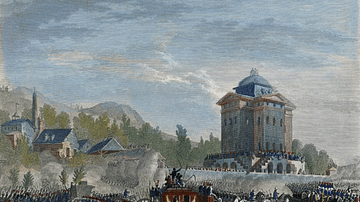
Definition
Flight to Varennes
The Flight to Varennes was a pivotal moment of the French Revolution (1789-1799), in which King Louis XVI of France (r.1774-92), his wife Queen Marie Antoinette (1755-93), and their children attempted to escape from Paris on the night of...
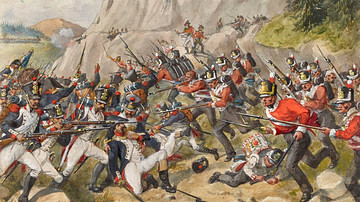
Definition
Peninsular War
The Peninsular War (1807-1814), also known as the War of Spanish Independence, was a major conflict of the Napoleonic Wars (1803-1815) that was waged in the Iberian Peninsula by Portugal, Spain, and the United Kingdom against the invading...
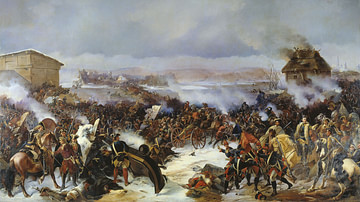
Definition
Great Northern War
The Great Northern War took place from 1700 to 1721 and was fought between Russia and Sweden during the reign of Peter I of Russia (Peter the Great). One of the key causes of the war was Peter the Great’s desire to have territory on the Baltic...